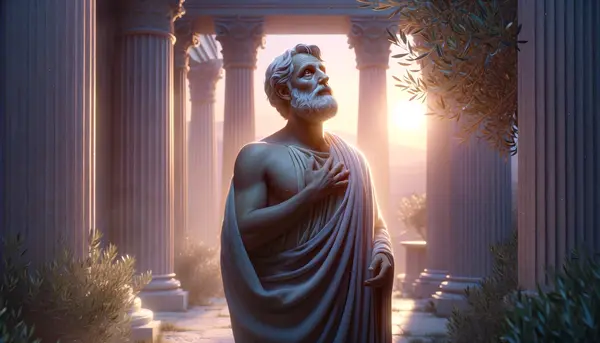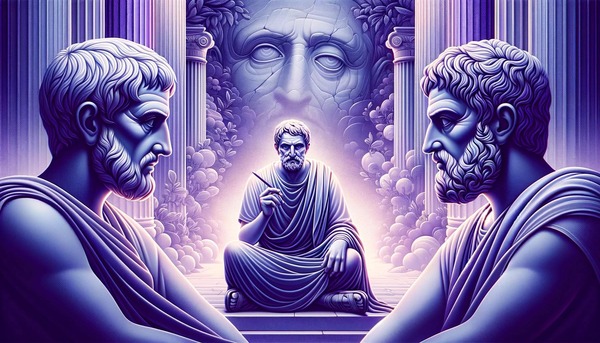writings from the ancient things with a central theme around the importance of virtues

Seneca on having a clear goal
In Letter 71, titled "On the Supreme Good," Seneca discusses the nature of the Supreme Good and the importance of aligning one's life with this ultimate goal. He begins by acknowledging the difficulties of providing timely advice across long distances but emphasizes the necessity of grounding decisions in the overarching purpose of life. Seneca explains the importance of having a clear aim in life: "The artist…

Seneca on Virtues
In Letter 66, "On Various Aspects of Virtue", Seneca explores the nature of virtue and its manifestations. It begins with a reflection on his reunion with a former schoolmate, Claranus, who, despite his physical frailties, demonstrates a robust and admirable spirit. Seneca uses this meeting to delve into deeper philosophical discussions about the essence and equality of virtues. Seneca emphasizes that true virtue does not require…

What is Stoicism - Main Tenets - Best Quotes - Stoic Philosophers
In my previous post 5 Main Differences between Values and Virtues, I wrote that values are the things that important to us while virtues are the inner qualities that help us achieve those values. I also said in the last part that it’s important to write our core values and virtues and in this article, I am going to share exactly how I write my own personal values…

What is Stoicism - Main Tenets - Best Quotes - Stoic Philosophers
People often use the terms values and virtues interchangeably and that is why sometimes it can be hard to determine the differences between the two. However, there are subtle differences between these terms which I will try to explain in this post as simple as possible. 1. Values - What is important to you? Virtues – What are your inner qualities? Values refer to…

What is Stoicism - Main Tenets - Best Quotes - Stoic Philosophers
The Roman Emperor and Stoic philosopher Marcus Aurelius said “Just do the right thing. The rest does not matter”. But what is it for us to do the right thing? Forget about divine intervention and rewarding the virtuous in the afterlife. We will make our way philosophically - in other words, use reason instead of faith to justify our answers.1. Peace of Mind …


